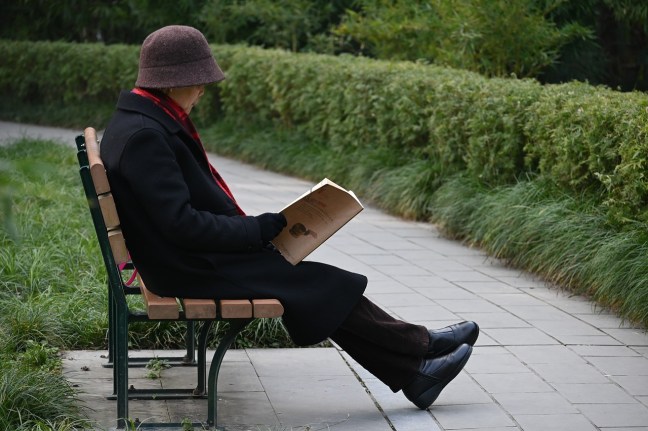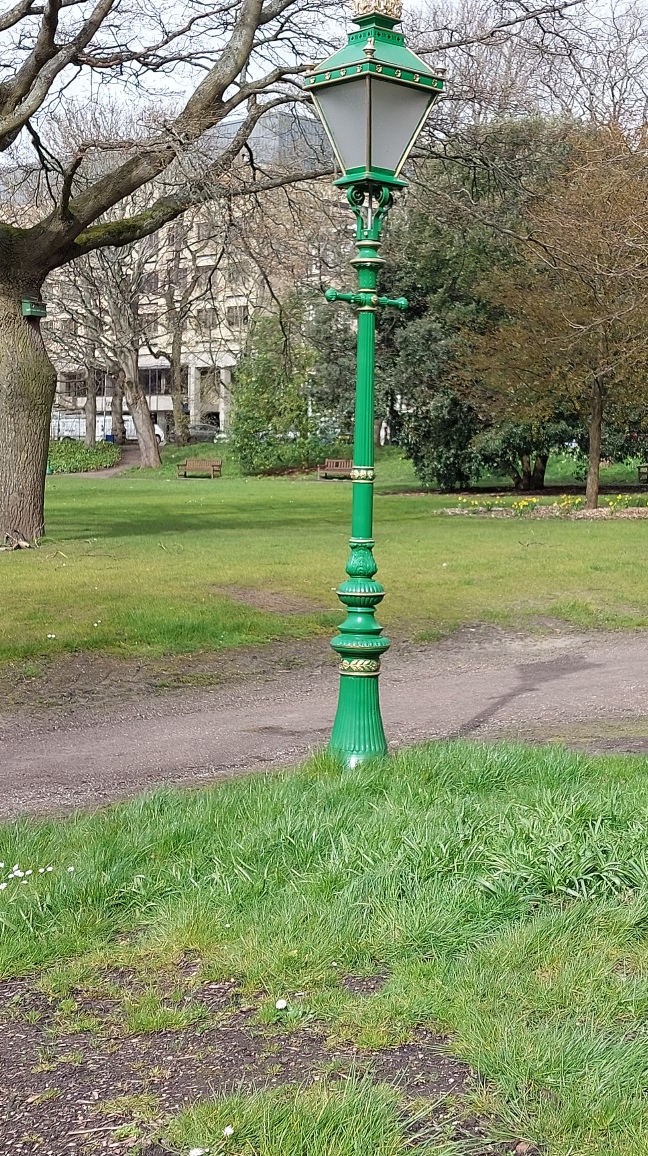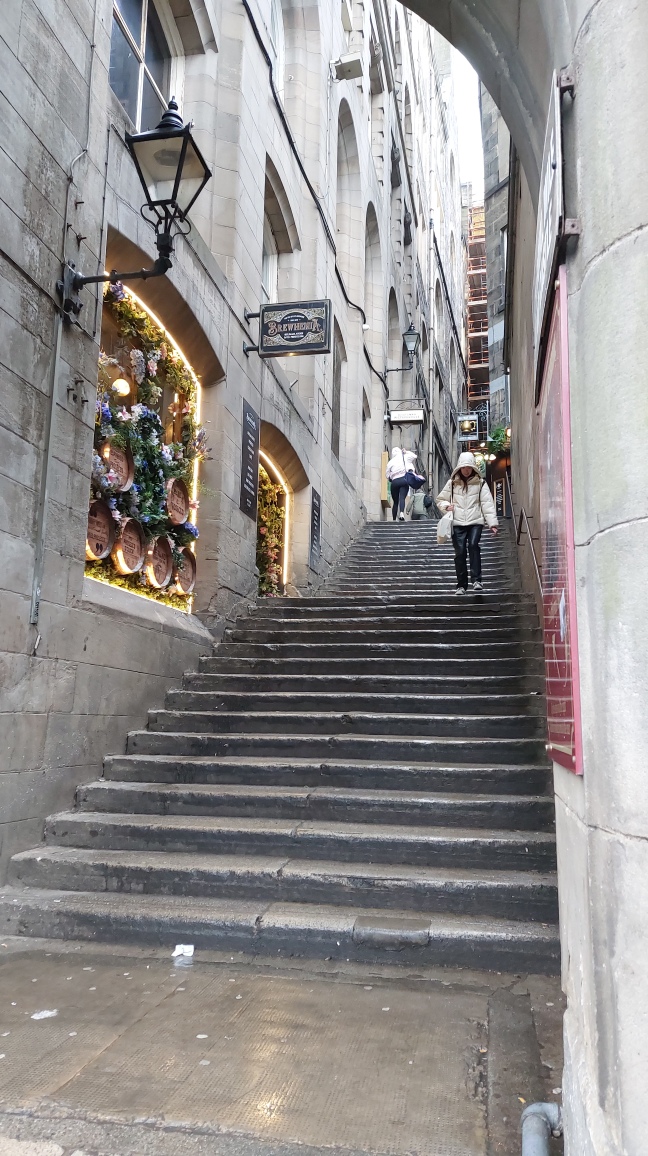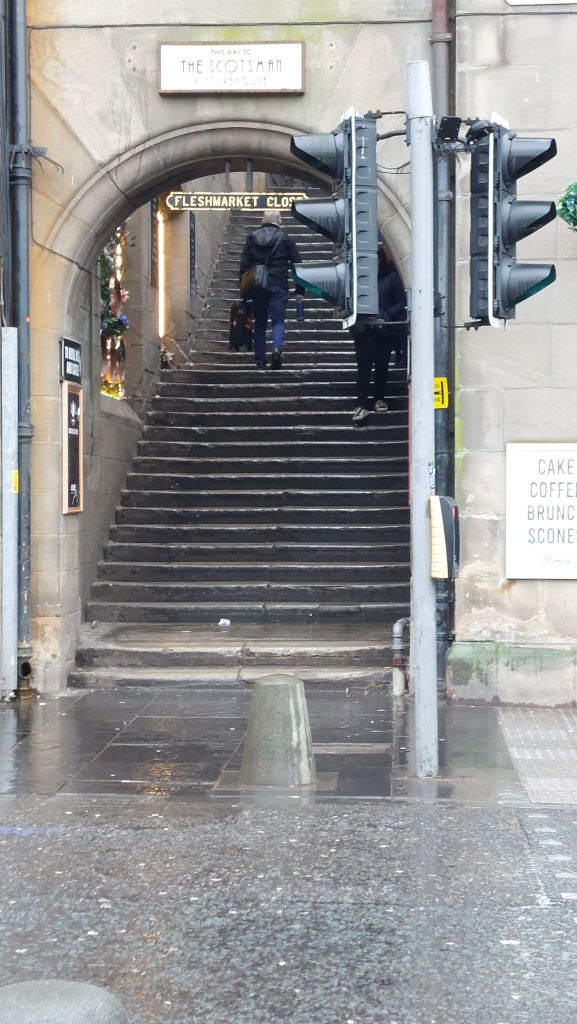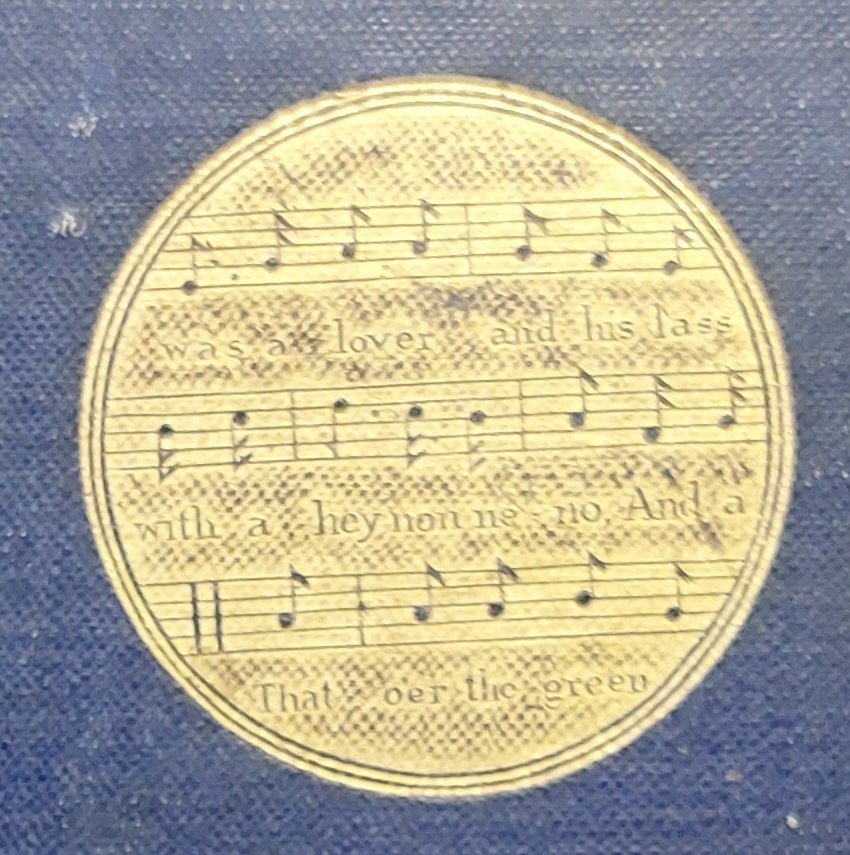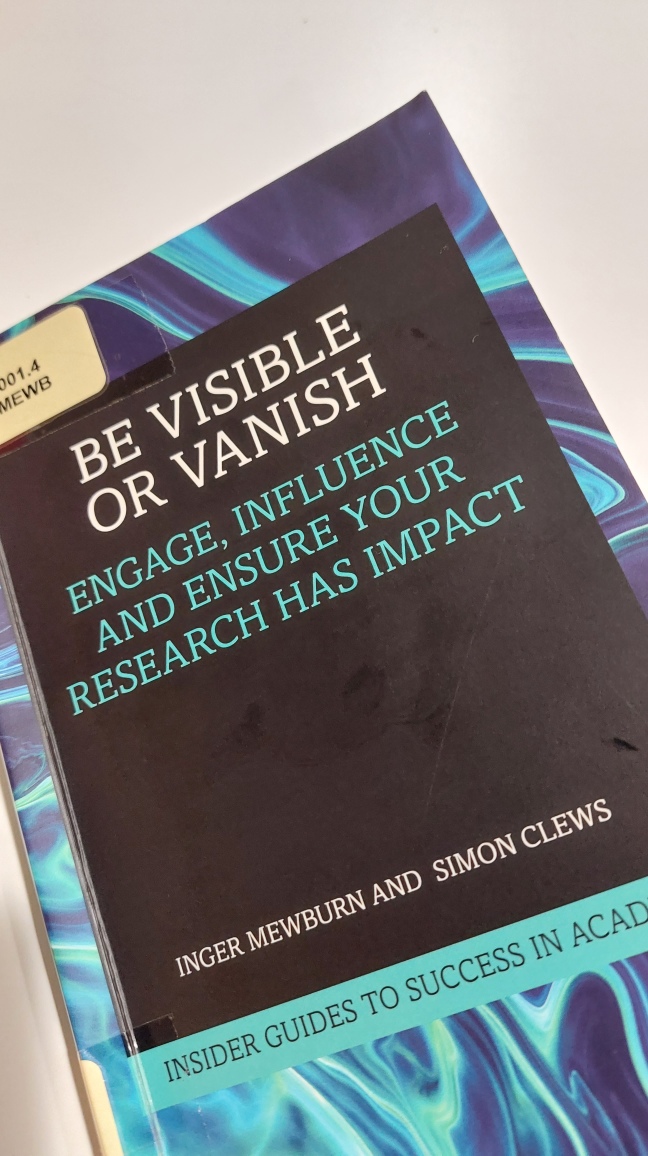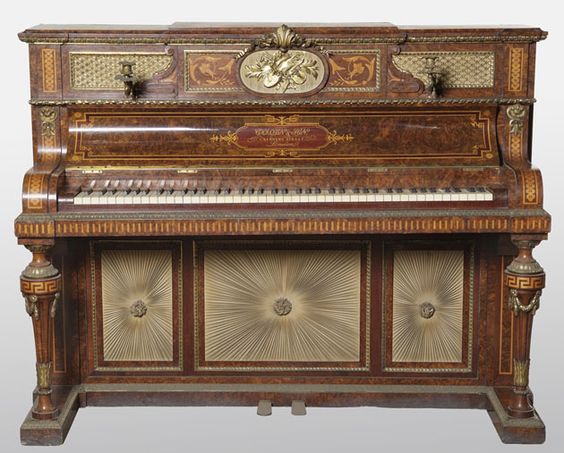I attended a meeting about grant applications, today. There was lots of good advice, including the development of a five-year career plan. A very sound suggestion. However, most early career researchers are really at the start of their research career, whilst I? I’ve done less research in my research career than a full-time researcher – obviously, as I got my PhD aged 51, and since then I’ve mostly been a 0.3 researcher – and my research development has thus been spread over a longer period. Similarly, I do have some teaching experience, but not an enormous amount. So …
In planning the next five years, young researchers have different parameters (making a good start, developing their strengths, possibly more able to relocate geographically, possibly without family responsibilities), whilst old ones are trusting they’ll still be fit and well in five years’ time; might not be able to relocate; and might well have family or caring responsibilities. (Should the plan also have the equivalent of a runaway truck ramp or escape lane, in case personal circumstances change unexpectedly?!)
Over the Hill? Which Hill?!
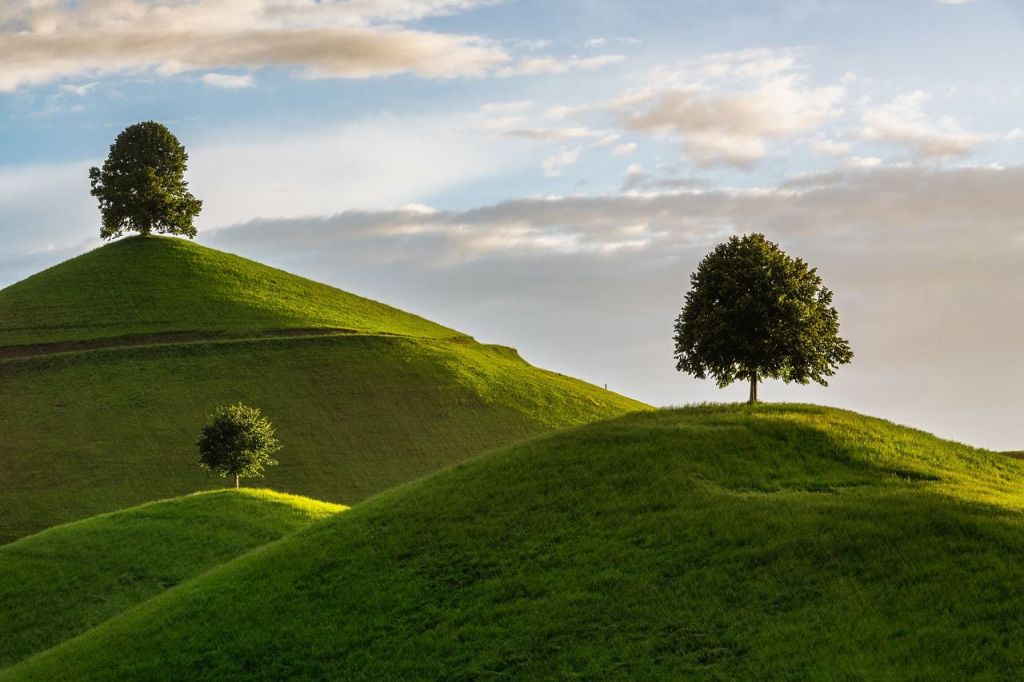
Five years at the start of a working life are different from five years somewhere nearer the end. I want to go on forever! Realistically, that’s impossible. (I might live another three decades, but who can say if I’ll still be researching at 96?!)
However, I read a posting the other day about the use of metaphors in health care, and I can see a parallel for scholars here; they talk about a journey with an illness, whilst we use metaphor to talk about our research journey.
To continue with the journeying, travelling metaphor: I climbed the librarianship hill as far as I could get. I didn’t reach the top, but I made reasonable progress. Looking around, I saw other hills I’d like to climb. You could say I’ve used the state retirement age as an opportunity to come down from the library hill, so I can spend more time climbing elsewhere.
I’d like to write another book. But I’ve only just published my second; I need at least three or four more years to do enough research into a new topic to merit a book. And I haven’t decided what exactly it will be about yet, though this might well become apparent in the next year or so.
Despite all this, a five-year research plan does seem desirable. I must apply myself to devising it!


